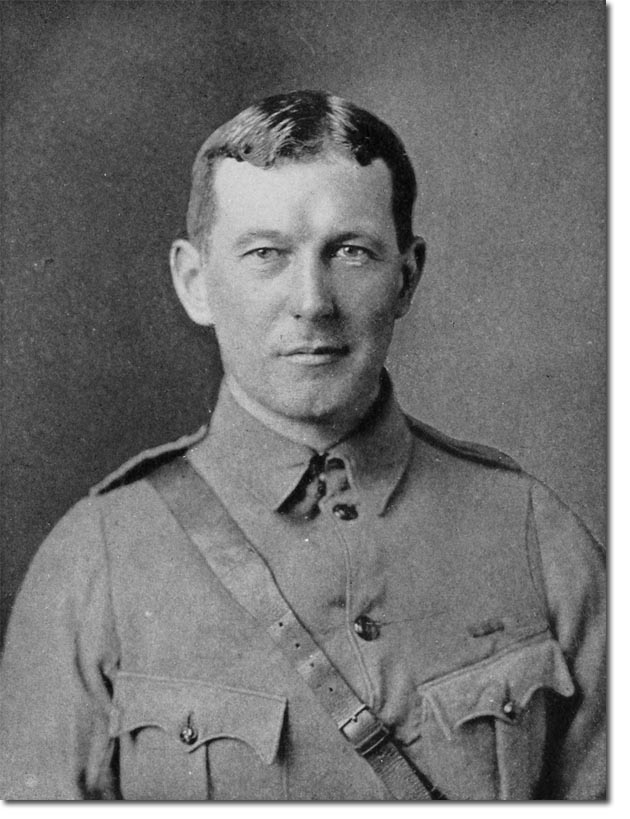|
|


|
|
John McCrae was part of the 32,000 strong Canadian Expeditionary Force that landed in Plymouth in 1914 en route to the fighting in France. He was a member of the Canadian Artillery Brigade at this point but would later achieve fame as the poet who penned the lines:
In Flanders fields the poppies blow
We are the Dead. Short days ago
Take up our quarrel with the foe: For a while, he was the most famous poet in the English language. His verse was extensively used to encourage the Americans to join the war on the side of the British Empire and to raise money through the sale of war bonds. It is largely thanks to this poem that the poppy was taken as a symbol of remembrance throughout the Commonwealth after the First World War. Poppies are still laid at the memorials on Plymouth Hoe at the precise point where John McCrae would've been paraded back in 1914! |
Empire in Your Backyard: Plymouth Article | Significant Individuals
Armed Forces | Art and Culture | Articles | Biographies | Colonies | Discussion | Glossary | Home | Library | Links | Map Room | Sources and Media | Science and Technology | Search | Student Zone | Timelines | TV & Film | Wargames